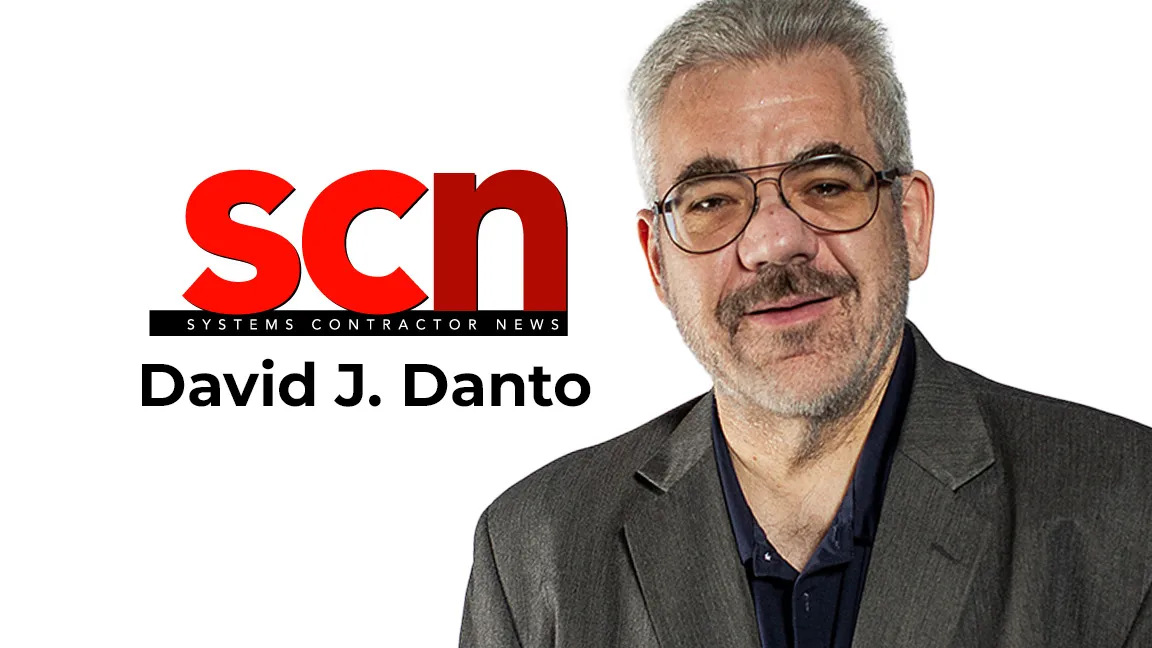U.S. Department of Education Terminates CPB’s Ready to Learn Grant
Corporation for Public Broadcasting decried the decision that impacts PBS and 44 public media stations

The professional video industry's #1 source for news, trends and product and tech information. Sign up below.
You are now subscribed
Your newsletter sign-up was successful
WASHINGTON—Following a decision by U.S. Department of Education to terminate its 2020-2025 Ready To Learn to the Corporation for Public Broadcasting, CPB has informed recipients of the grant money, which include PBS and 44 public media stations, that they must immediately pause the program.
CPB strongly pushed back against the decision and said it would work with Congress and the administration to restore the funding.
Kate Riley, president and CEO of America’s Public Television Stations, also issued a statement in opposition to the termination of the grant money, saying, "America’s Public Television Stations are deeply concerned by the U.S. Department of Education’s termination of public television’s 2020-2025 Ready To Learn grant. This abrupt termination of a congressionally funded grant will limit the creation of and access to the kids’ educational programs and resources that American children and families rely on.
In addition to the Department of Education decision, the Trump administration has ordered the CPB to stop funding PBS and NPR and the Federal Communications Commission has opened an investigation into PBS and NPR sponsorship efforts. The Trump administration is also attempting to fire three members of the CPB board.
The CPB noted that grants from Ready To Learn have helped fund such shows as “Molly of Denali,” “Work It Out Wombats!” and “Lyla in the Loop.” In the most recent fiscal year, Ready To Learn content reached more than 1.8 billion video streams, 27.6 million digital game plays, 10.2 million television viewers, and 2 million mobile app downloads, the CPB reported.
“Nearly every parent has raised their kids on public broadcasting’s children’s content. For the past 30 years, Ready To Learn-funded PBS Kids content has produced measurable, real-world impacts on children’s learning,” CPB President and CEO Patricia Harrison said. “Ready To Learn has received strong bipartisan support from Congress and every Administration for the last 30 years because of the programs’ proven educational value in advancing early learning skills for all children. We will work with Congress and the Administration to preserve funding for this essential program.”
Ready To Learn is authorized under the Elementary and Secondary Education Act. The U.S. Department of Education, which the Trump administration is trying to eliminate, has held the Ready To Learn Programming grant competition every five years since 1995, and the Corporation for Public Broadcasting and PBS have won grants in every cycle. The 2020-2025 cycle expires on September 30.
The professional video industry's #1 source for news, trends and product and tech information. Sign up below.
In a statement opposing the decision, APTS's Riley also noted that “Ready To Learn supports the creation and distribution of educational media content to millions of children across America. For nearly 30 years, over 100 studies have confirmed that this program has helped build science, math and literacy skills of children ages two to eight and close the achievement gap between children from low-income families and their more affluent peers."
More specifically, she said that "the investment in Ready To Learn has supported the production and academic rigor of PBS KIDS series, such as Molly of Denali, Wild Kratts, Work it Out Wombats!, Lyla in the Loop, Elinor Wonders Why, Peg + Cat, SuperWhy!, Martha Speaks, Odd Squad and other iconic programming for children.," she said.
"We are pursuing all options and working with Congress to restore this essential program to support the families and communities that rely on our local stations to provide proven educational resources every day to Americans in every corner of this country," she said.
George Winslow is the senior content producer for TV Tech. He has written about the television, media and technology industries for nearly 30 years for such publications as Broadcasting & Cable, Multichannel News and TV Tech. Over the years, he has edited a number of magazines, including Multichannel News International and World Screen, and moderated panels at such major industry events as NAB and MIP TV. He has published two books and dozens of encyclopedia articles on such subjects as the media, New York City history and economics.

